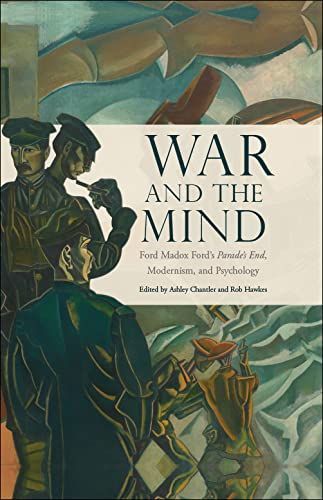
War and the Mind Ford Madox Ford's Parade's End, Modernism, and Psychology
This is the first full-length critical study of Parade's End to focus on the psychological effects of the war. Originally published in 4 volumes between 1924 and 1928, Parade's End has been described as 'the finest novel about the First World War' (Anthony Burgess), 'the greatest war novel ever written by an Englishman' (Samuel Hynes), 'a central Modernist novel of the 1920s, in which it is exemplary' (Malcolm Bradbury), and 'possibly the greatest 20th-century novel in English' (John N. Gray).These 10 newly commissioned essays focus on the psychological effects of the war, both upon Ford himself and upon his novel: its characters, its themes and its form. The chapters explore: Ford's pioneering analysis of war trauma, trauma theory, shell shock, memory and repression, insomnia, empathy, therapy, literary Impressionism and literary style. Writers discussed alongside Ford include Joseph Conrad, Siegfried Sassoon, May Sinclair, and Rebecca West, as well as theorists Deleuze and Guattari, Michel Foucault, Sigmund Freud, William James, and W. H. R. Rivers.